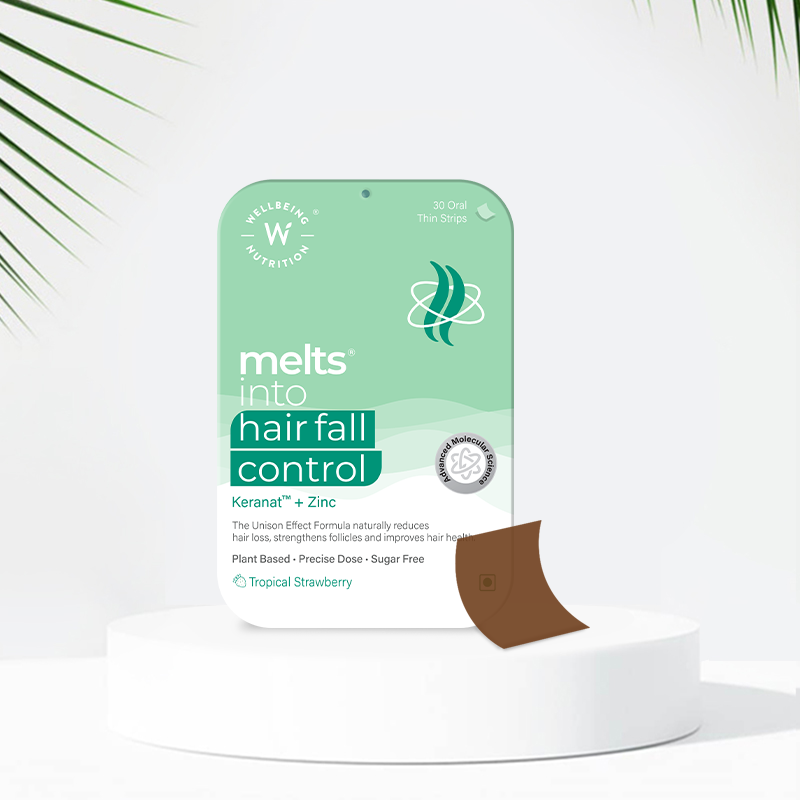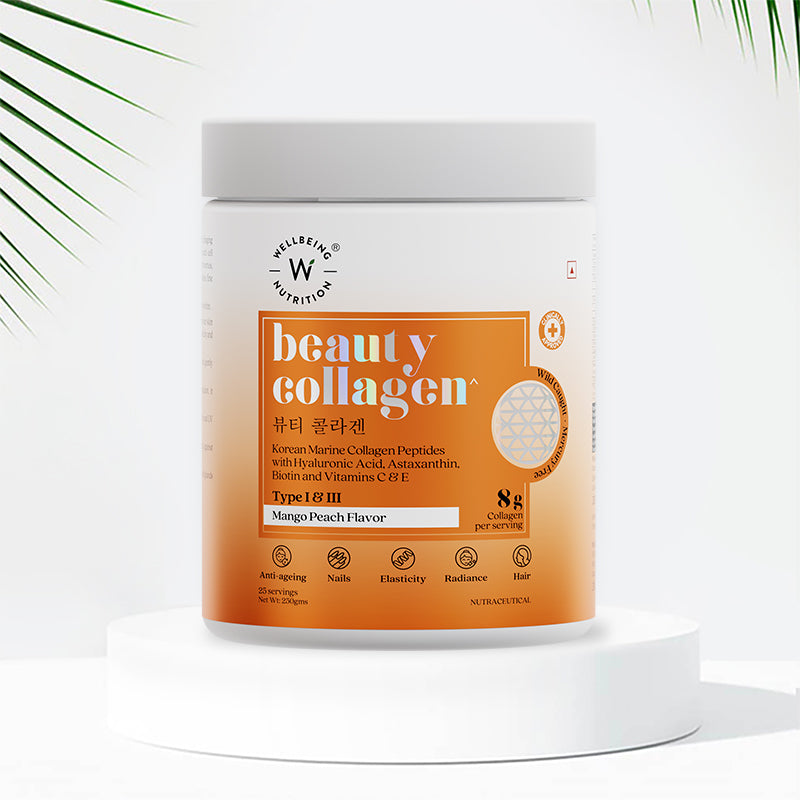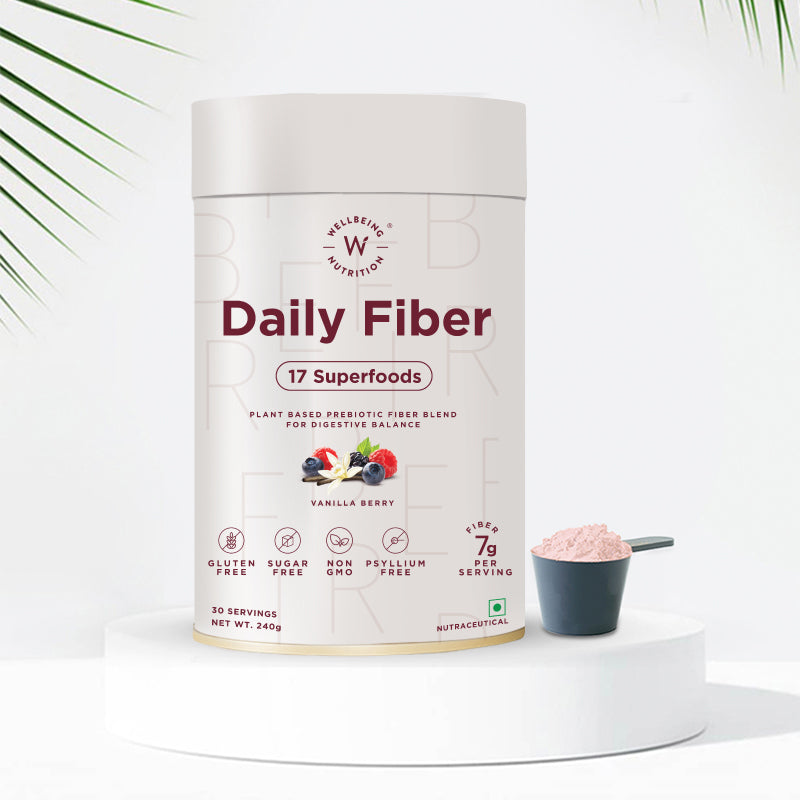Prenatal Care and Prematurity: Understanding the Connection

One of the most beautiful stages of being a woman is being pregnant. As unique as it is, getting proper care throughout the pregnancy is essential to a mother's and child's health. Lack of proper care during pregnancy has been linked to an increased rate of premature birth of the baby. Thus, prenatal care becomes highly crucial for the health and well-being of both the mother and the developing fetus
What is Prenatal care?
Prenatal care is the healthcare you receive during pregnancy. It involves regular visits to healthcare providers who monitor the health of both the mother and the developing fetus. It includes a range of interventions, including lifestyle counseling, dietary recommendations, and testing, all to promote a healthy pregnancy. It helps detect and control any health hazards to the mother and the child, encouraging normal growth and getting ready for a safe birth. It's a proactive approach that prioritizes the well-being of the expectant mother and the growing life within her.
How to take Prenatal Care
You are making room for a new life to build and blossom, so its preparation should start beforehand. This is also referred to as preconception health. You must give yourself at least three months before you conceive. Many factors can impact your unborn baby, whether it's the food, some medicines, or your daily habits. Prenatal care is always essential, regardless of whether it's your first or third pregnancy. Here is a list of a few dos and don'ts you must abide by for a healthy, safe pregnancy and a fit baby.
Do’s & Dont’s
- Eat various healthy foods daily, especially calcium-, iron-, and folic acid-rich foods.
- Eat clean, cooked food to avoid any risk of infection from contaminated foods.
- Stay physically active and indulge in mild-to-moderate exercise per your doctor’s guidance.
- Maintain a healthy weight for a smooth delivery and prevention of postpartum complications.
- Take supplement support, such as prenatal vitamins for pregnancy, under the guidance of your physician.
- Sleep well and practice stress-relieving techniques such as meditation, reading books, calming music, etc.
- Maintain basic hygiene practices such as washing hands, brushing your teeth, and keeping the surfaces around you clean to prevent infections.
- Avoid smoking and drinking alcohol. Restrict your indulgences in junk food and packaged food items.
- Avoid taking over-the-counter medicines.
- Avoid exposure to toxins such as insecticides, lead, mercury, and paint fume radiation (X-rays).
Note : Your prenatal checkup in a clinic/hospital might involve checking your weight, blood pressure, and abdomen to measure the uterus's growth. Certain lab tests and fetal doppler might be advised in some cases.
What is Prematurity
Prematurity refers to a baby being born before completing 37 weeks of gestation. It's a condition where the baby's organs and systems might not have fully developed, increasing the risk of health complications. Premature babies, or preemies, face challenges due to their underdeveloped state, often requiring specialized medical care. Factors contributing to prematurity include maternal health, lifestyle choices, and certain medical conditions. Preterm birth can impact a baby's short and long-term health, necessitating intensive care and support.
Prematurity frequently leads to a myriad of health complications. Respiratory distress syndrome (RDS) is a common issue due to underdeveloped lungs, necessitating immediate medical intervention like respiratory support. Jaundice, caused by an immature liver, can lead to yellowing of the skin and eyes, requiring phototherapy.
Preterm babies are more likely to experience intraventricular hemorrhage or bleeding within the brain, potentially causing long-term neurological problems. Among the long-term issues preterm newborns may have are developmental delays, cerebral palsy, visual and hearing problems, and learning difficulties. These issues frequently call for continuous therapy and specialized care.
Premature babies have complex medical demands, which frequently mean longer hospital stays, close observation, and a higher risk of readmission. These difficulties highlight the significance of an all-encompassing prenatal care and support network.
The Connection between Prenatal Care and Prematurity
There is a strong and well-established correlation between prenatal treatment and the incidence of preterm birth in neonates. Prenatal care is essential for protecting the health of the developing fetus as well as that of the mother. It includes routine medical check-ups, tests, and advice during pregnancy. Premature delivery, or the birth of a child before 37 weeks of gestation, is greatly decreased by receiving proper prenatal care.
Healthcare professionals may monitor the mother's health, detect and treat any pre-existing problems or issues, and provide advice on potential risk factors, exercise, and diet by providing early and regular prenatal care. This proactive strategy can aid in the prevention or management of conditions including high blood pressure, gestational diabetes, or infections that may lead to preterm delivery.
Furthermore, prenatal care enables healthcare professionals to address lifestyle factors that could impact pregnancy, such as smoking, drug use, or inadequate prenatal nutrition. The education provided during these visits empowers expectant mothers to make informed choices, promoting healthier behaviors and reducing the likelihood of preterm birth.
Prepping Up
Prenatal care improves the general well-being of the mother and child while also reducing the likelihood of preterm deliveries by creating a knowledgeable and supportive environment. It’s an essential component in the effort to promote healthier pregnancies and reduce the incidence of premature births. Supplementation during pregnancy can help support the additional nutrient requirements of a developing baby on a a daily basis. Some of the best prenatal vitamins come in a combination of vegan omega oil and plant-based beadlets with essential nutrients like B-complex vitamins, iron,, and vitamin E. Apart from maintaining prenatal care at home, it is crucial to attend your prenatal checkups and pop in prenatal multivitamin as per your doctor's advice to ensure the best possible care for both you and your baby.
References
https://pubmed.ncbi.nlm.nih.gov/24625215/
https://medicine.yale.edu/news-article/prenatal-care-reduces-preterm-birth-and-low-birth-weight/
https://reproductive-health-journal.biomedcentral.com/articles/10.1186/1742-4755-10-S1-S4
https://academic.oup.com/eurpub/article/23/3/366/541649
https://www.americanprogress.org/article/ensuring-healthy-births-prenatal-support/
https://www.sciencedirect.com/topics/medicine-and-dentistry/prenatal-care
- Choosing a selection results in a full page refresh.
- Press the space key then arrow keys to make a selection.

Consult Expert












